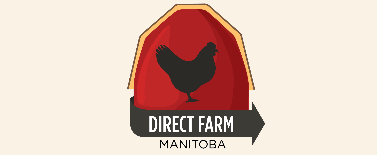Fresh Baked Bread - mmm even the thought of it makes ones mouth water
 Tuesday, February 10, 2015 at 6:15PM
Tuesday, February 10, 2015 at 6:15PM One of the objectives of the South Eastman Transition Initiative (the organisation commonly known as SETI, that writes this ‘Rethinking Lifestyles’ column) is to encourage people to become more self-sufficient. Everywhere good quality agricultural land is being sub-divided for more and more housing and in a world with a fixed surface area and a rapidly growing population it doesn’t take an Einstein to see that trouble lies ahead. As the effects of global warming become progressively more severe, the lifestyle we now enjoy will become much more difficult. Global warming and climate change are like the hands of a clock: you can’t see them moving but if you go away and look again later you see they have moved. It is in 10 or 20 years that major climate changes will be upon us and that means our children and grandchildren’s lives. The constant cry of the politicians to ‘grow the economy’ is plainly unsustainable. What we need is a ‘steady state’ economy that provides a satisfactory lifestyle for all. But, back to bread. In the old days every small town had its local bakery producing bread from locally grown and locally milled wheat. This made an excellent healthy flavourful loaf that was a delight to eat. Then industrial bread making took over and ever since we have largely been subjected to a tasteless cotton wool product. If the bread had any real flavour people wouldn’t want to layer it with slices of meat, cheese, pickles, mayo and more, such that the bread itself cannot be tasted. Supermarket bread contains all sorts of additives to increase loaf volume (to make it appear to be good value for money) and preservatives to make it last longer.



